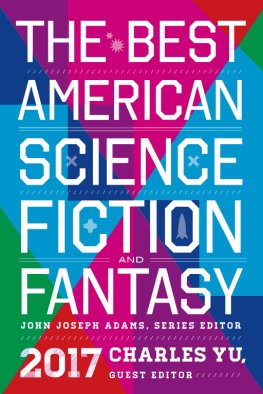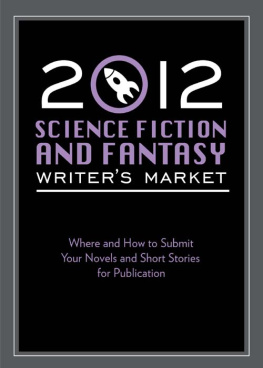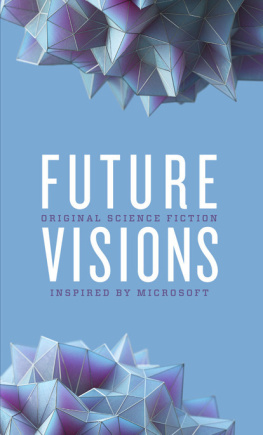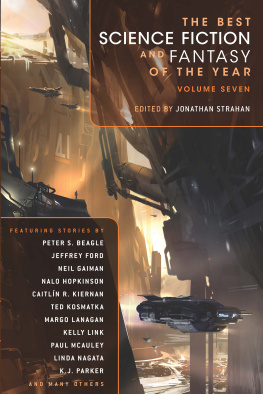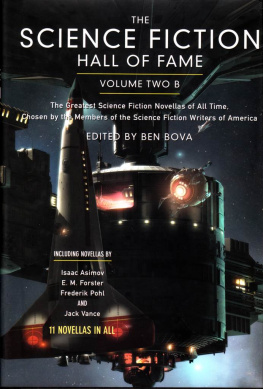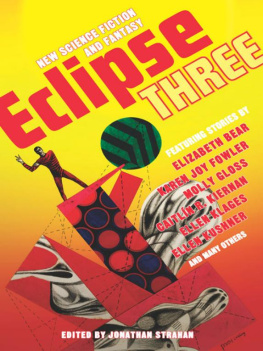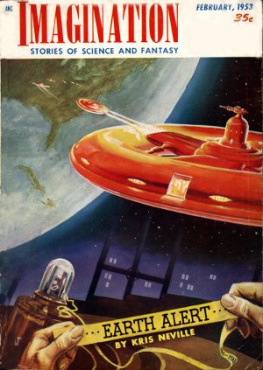Michael Newton - The Origins of Science Fiction
Here you can read online Michael Newton - The Origins of Science Fiction full text of the book (entire story) in english for free. Download pdf and epub, get meaning, cover and reviews about this ebook. City: Oxford, year: 2022, publisher: Oxford University Press, genre: Art. Description of the work, (preface) as well as reviews are available. Best literature library LitArk.com created for fans of good reading and offers a wide selection of genres:
Romance novel
Science fiction
Adventure
Detective
Science
History
Home and family
Prose
Art
Politics
Computer
Non-fiction
Religion
Business
Children
Humor
Choose a favorite category and find really read worthwhile books. Enjoy immersion in the world of imagination, feel the emotions of the characters or learn something new for yourself, make an fascinating discovery.
- Book:The Origins of Science Fiction
- Author:
- Publisher:Oxford University Press
- Genre:
- Year:2022
- City:Oxford
- Rating:4 / 5
- Favourites:Add to favourites
- Your mark:
The Origins of Science Fiction: summary, description and annotation
We offer to read an annotation, description, summary or preface (depends on what the author of the book "The Origins of Science Fiction" wrote himself). If you haven't found the necessary information about the book — write in the comments, we will try to find it.
This anthology provides a selection of science-fiction tales from the close of the Romantic period to the end of the First World War. It gathers together classic short stories, from Edgar Allan Poes playful hoaxes to Gertrude Barrows Bennetts feminist fantasy. In this way, the book shows the vitality and literary diversity of the field, and also expresses something of the potent appeal of the visionary, the fascination with science, and the allure of an imagined future that characterised this period. An excellent resource for those interested in science fiction, and also an essential volume for understanding the development of the genre.
In his introduction, Michael Newton draws together literary influences from Jonathan Swift to Mary Shelley, the interest in the irrational and dreaming mind, and the relation of the tales to the fact of Empire and the discoveries made by anthropology. He also considers how the figure of the alien and non-human other complicated contemporary definitions of the human being.
Michael Newton: author's other books
Who wrote The Origins of Science Fiction? Find out the surname, the name of the author of the book and a list of all author's works by series.










